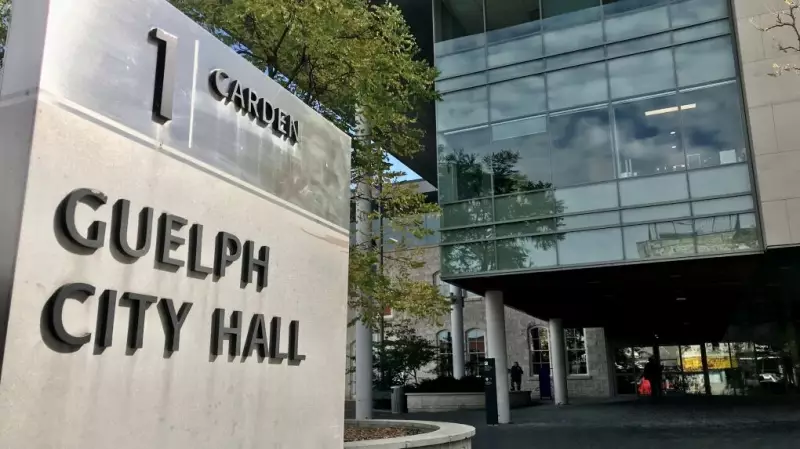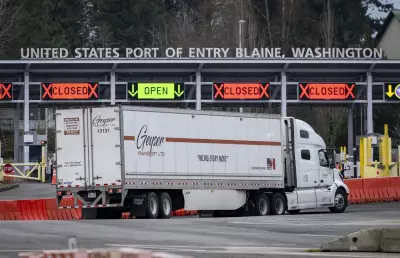
Guelph is taking decisive action against its housing crisis as city councillors push forward with two groundbreaking measures that could transform the local rental market and increase housing availability.
Double-Pronged Attack on Housing Shortage
The Committee of the Whole has given the green light to explore both a vacant home tax and a comprehensive renoviction bylaw, signaling a major shift in how the city addresses its pressing housing challenges.
Vacant Home Tax: Turning Empty Properties into Homes
The proposed vacant home tax would target properties that sit empty for extended periods, creating a financial incentive for owners to either rent or sell their unused residential units. This initiative aims to unlock hundreds of potentially available housing units in a city where vacancy rates remain critically low.
"We have homes sitting empty while families struggle to find affordable housing," one councillor noted during discussions. "This tax isn't about punishment - it's about encouraging property owners to be part of the solution."
Renoviction Bylaw: Protecting Tenants from Bad-Faith Evictions
Simultaneously, the committee is moving forward with a renoviction bylaw that would establish stronger protections for tenants facing eviction notices under the guise of renovations. The new regulations would require landlords to provide:
- Detailed documentation of necessary renovations
- Clear timelines for project completion
- Right of first refusal for tenants to return at similar rates
- Proper relocation assistance during renovations
Addressing a Growing Concern
The push for a renoviction bylaw comes amid increasing reports of tenants being displaced under questionable circumstances, only to see their former units listed at significantly higher rents after minor cosmetic updates.
"We're seeing patterns that suggest some landlords are using renovations as an excuse to circumvent rent control measures," explained a housing advocate familiar with the proposal. "This bylaw would create much-needed accountability."
What Comes Next
Both proposals will now undergo detailed staff analysis, with reports expected to return to council in the coming months. The vacant home tax would require provincial approval, while the renoviction bylaw could be implemented locally.
If implemented, Guelph would join a growing list of Ontario municipalities taking innovative approaches to combat housing unaffordability and protect vulnerable renters in an increasingly competitive market.






